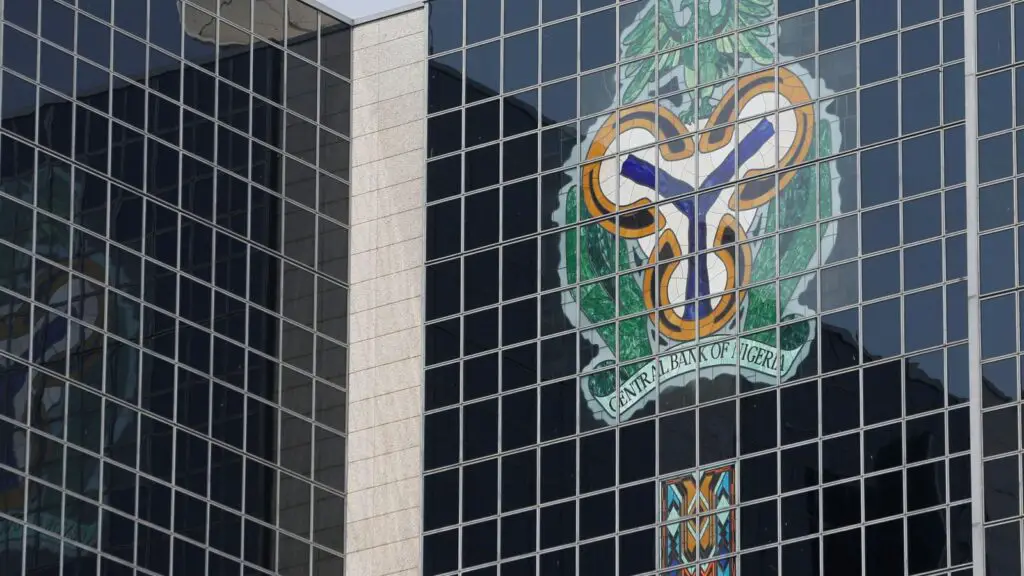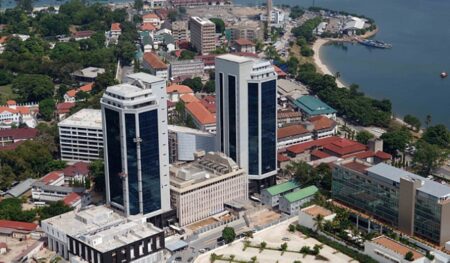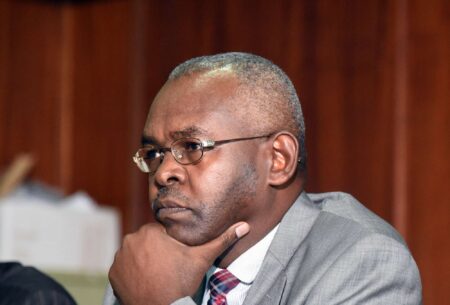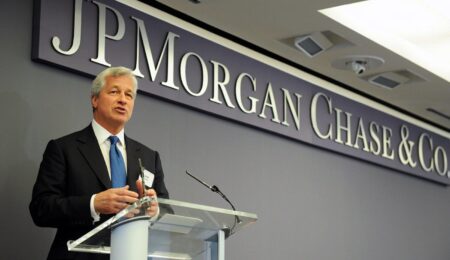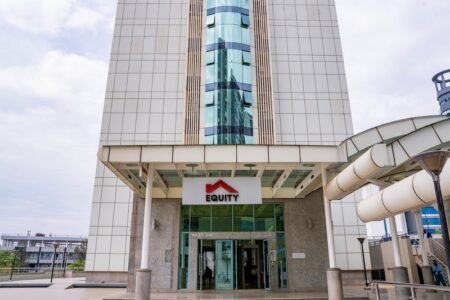- The evolution has allured intensive participation in the lending sector, stimulating the growth of the Nigeria Domestic Credit by 16.2 per cent year on year as of December 2021.
- There is no lending limit for the MFBs, and the Central Bank of Nigeria charges N400,000 to N500,000 for their registration. Operations are limited to Lagos State.
- The Money Lenders license is issued and regulated by the money lenders laws of the 36 states in Nigeria.
The business of lending in Nigeria has metamorphosized from the traditional system to a more digitally enabled flexible system for a faster and more convenient process.
The evolution has allured intensive participation in the lending sector, stimulating the growth of the Nigeria Domestic Credit by 16.2 per cent year on year as of December 2021.
The present state of the Nigerian economy, the need to expand for companies and businesses, and the insatiable desire for money to meet unending needs, has led to the exponential growth of lending apps in Nigeria.
Read: Kenya: Central Bank calls for views on adopting digital currency
Commercial banks, financial institutions and microfinance banks have evolved to meet these needs and demands for loans.
There are several regulations and licenses applicable to lending in Nigeria.

The Money Lenders license is issued and regulated by the money lenders laws of the 36 states in Nigeria. The Money Lenders Law is the principal law regulating and issuing money lending licenses in the West African country.
Section 4, Chapter 7 of the Money Lenders Laws of Lagos State provides that “a person who lends money at interest or lends money in consideration of a larger sum being repaid shall be presumed to be a money lender until the contrary is proven”.
The purpose of this section is for a person to become a legitimate money lender immune from contrary proof; otherwise, the individual or corporate body must obtain the Money Lenders License to practice money lending in Nigeria.
Under this law, entities such as banks, cooperative societies, insurance companies and pawnbrokers are excluded from obtaining the License in some states in Nigeria.
Lagos is a commercial hub in Nigeria and harbours the majority of money lenders license holders. The Money Lenders License grants any individual/company the leeway to conduct their lending money business in the Nigerian state within which it is established.
The License expires on the 31st December of every year and is only renewed when all the requirements are met. The timeline for registration is usually eight to 12 weeks.
There is no lending limit for the MFBs, and the Central Bank of Nigeria charges N400,000 to N500,000 for their registration. Operations are limited to Lagos State.
Microfinance Banks (MFBs)
MFBs are financial institutions licensed by the Central Bank of Nigeria to offer financial services to the unbanked, low-income earners and informal sector operators. They are also permitted to accept deposits from customers and provide other supportive financial services.
Read: Central Bank of Kenya firm on Cryptocurrencies ban.
Several laws regulate Microfinance Banks; The Guidelines for the Regulation and Supervision of MFBs 2020 and the Bank and Other Institutions Act 2021.
The nature of the License obtained from the Central Bank of Kenya dictates the geographical operations on an MFB. The categories of the License include:
- Unit Microfinance Banks are licensed to operate within certain local government areas. The official registration fees should be N350,000 and an extra N200 million in Escrow deposit.
- National Microfinance Banks are permitted to operate within all the states in Nigeria. The official registration fees should be N1.3 million and N5 billion in Escrow deposit.
- State Microfinance Banks are licensed to work within the state in which they are located. The official registration fees should be N700,000 and an extra N1 billion in Escrow deposit.
The money lent by these MFBs should not exceed N1 million; 80 per cent of the total loan portfolio should be microloans. These Microfinance Banks can operate five branches within urban areas of a state.
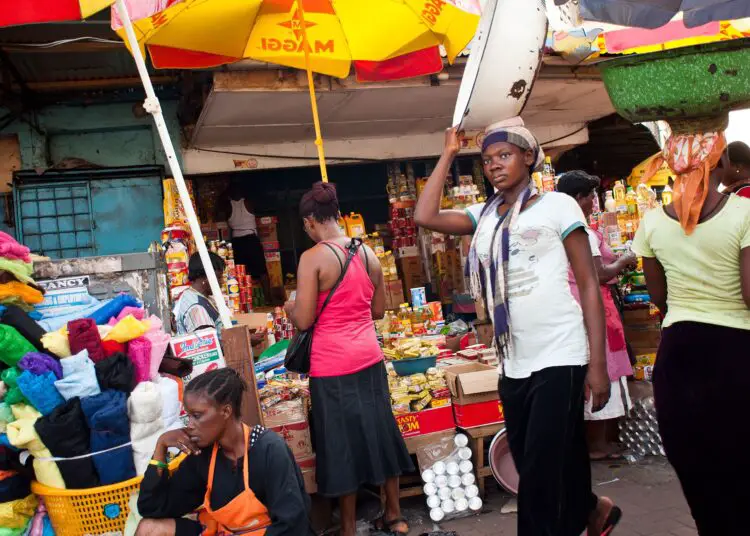
Finance companies were created to complement the role of banks and bridge the financing gaps. They are financial institutions under regulation by the Central Bank of Nigeria to provide financial services to small, micro and medium enterprises.
FinCos provide customer loans, asset finance, fund management and credit facilities, debt factoring, project finance, debt securitization and other forms of credit facilities to individuals and companies.
The timeline for registration of FinCos is usually 10-15 months. These companies are allowed to operate in all states in Nigeria. Fincos have Nil interest rate Limits (Key lending rate at 11.5%).
Read: Nigeria’s Central bank crackdown on Fintech firms to hinder investment.





